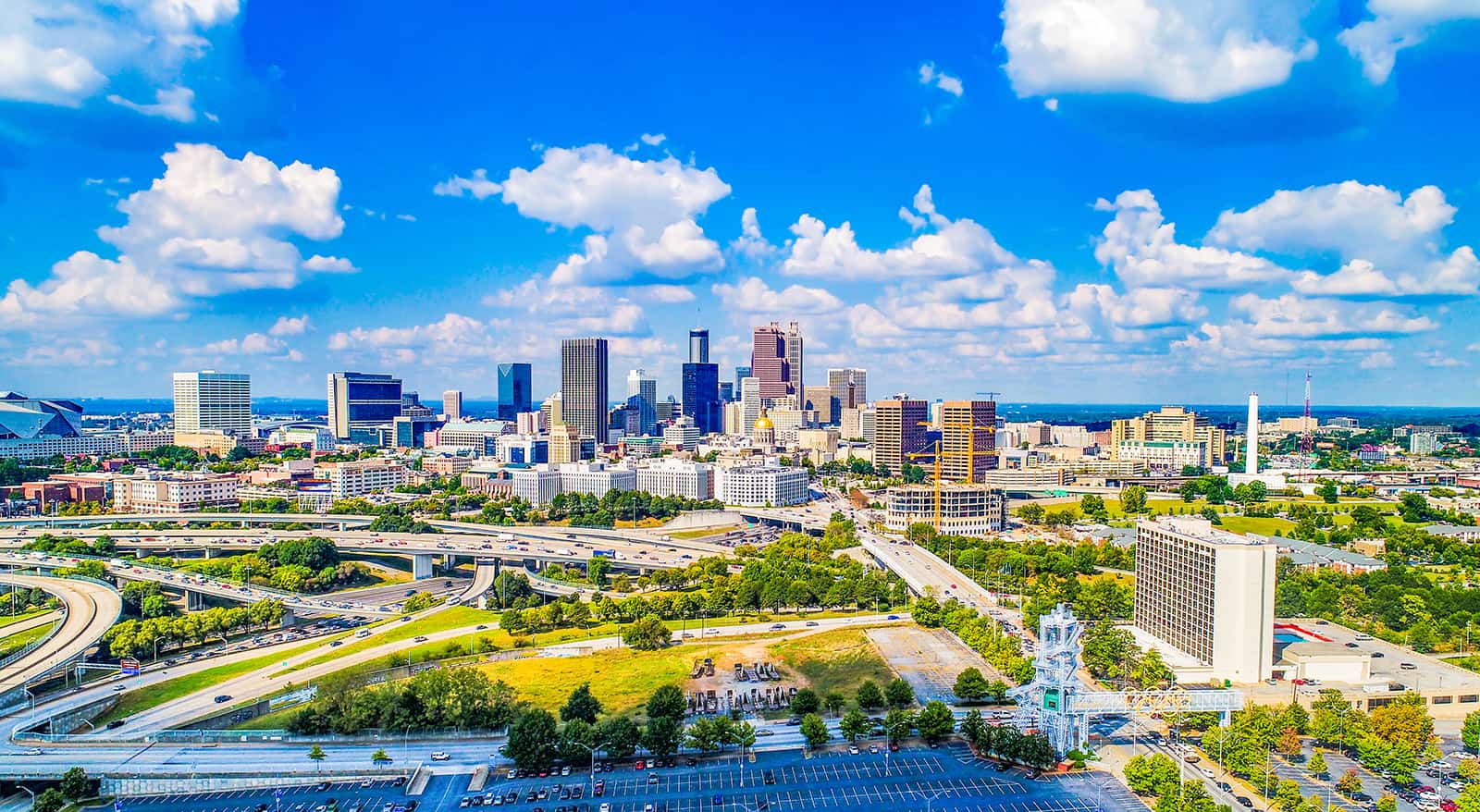Earning six figures a year is a dream for many. It is the reason why people slog their way through college and why they battle crippling student loans their whole life. It is why they struggle through internships, which are basically indentured labor. Financial security is a goal that most of us have. We want to reach the end of the month and not be exasperated at the notion of paying bills. If we are lucky enough to land a job that provides us with a six-figure salary, then that is even better. But six figures are not necessarily as much as you would initially think.
There are some cities where the cost of living is so high, six figures are only enough to make ends meet with a small bit of money left open for wiggle room. The list which follows identifies 15 cities that are expensive enough to make a six-figure earning person still feel incredibly broke come to the end of the month. This is done by looking at the tax climate and cost of living in American cities.
Cities where the percentage of income remaining after expenses, is quite frankly shockingly low, have then been ranked further. The moral of the story being, that if you are looking for a good quality of life and having your buck stretch as far as possible, these cities are probably not the place for you. Without further ado here are the 15 most expensive cities to live in in the USA.

15. Atlanta, Georgia
During the American Civil War, Atlanta was all but burned down. Since then, it rose like a veritable phoenix from the ashes and became largely considered the ”New South” capital. Atlanta is the actual capital of Georgia and is the 9th most populated metropolitan area in the United States. This city has been dubbed ”too busy to hate”, as it has a colorful and influential history regarding civil rights.

In the 1960’s Atlanta played a vital role in the Civil Rights Movements as many of the movement’s leaders were from Atlanta. These include Dr. Martin Luther King Jr. and Ralph David Abernathy. The views of its people may be progressive, but this is generally quite relative as the comparison is made to other ”Deep South” cities and states. Atlanta is also a transportation hub as it is home to the busiest airport in the world. This is none other than Hartsfield-Jackson Atlanta International Airport.

Atlanta may be an international contender in the transportation sphere, but it also has one of the largest income gaps in the United States. The poverty rate in Atlanta is as high as 22.5%. Contrastingly, 48.3% of the people in this city have at least a bachelor’s degree. Meaning that 8.6% of the households earn more than $200,000 a year. While 11.2% of the households in the city earn less than $10,000 a year.

If one were lucky enough to earn six figures in this city, the battle is not won yet. Atlanta has the 17th highest rental prices in the country and the price of food here is actually higher than the national average. Couple this with the fact that Atlanta has some of the highest crime rates in the United States, this city is not necessarily the best option. Even for people who exist in the higher income bracket.
